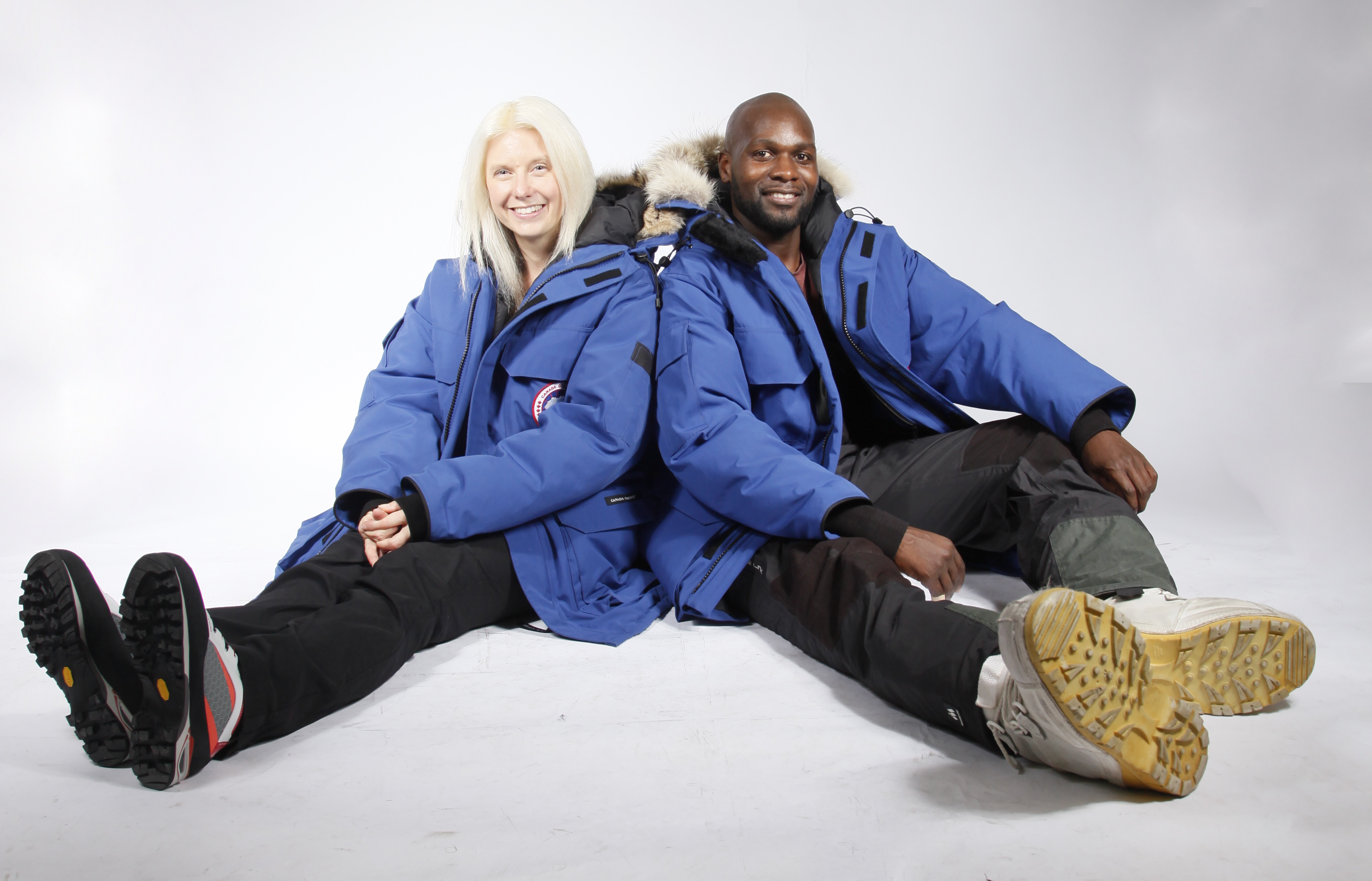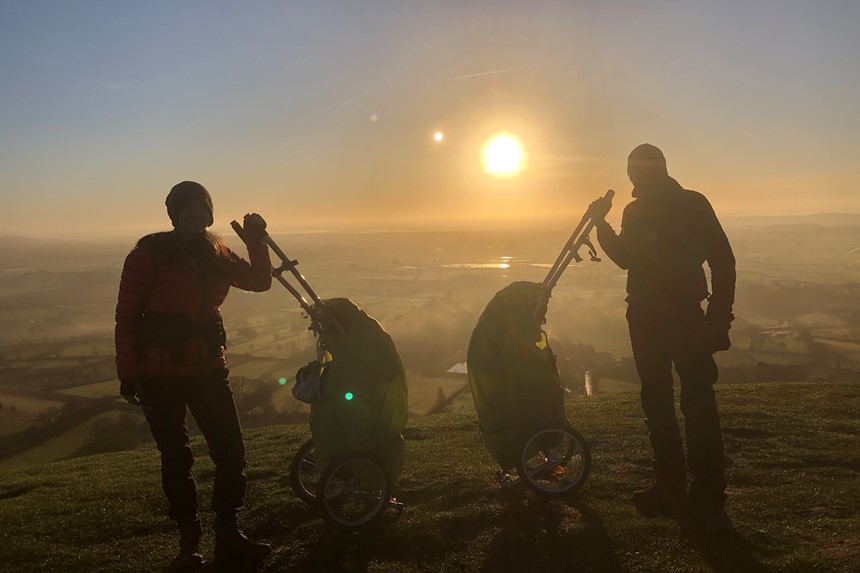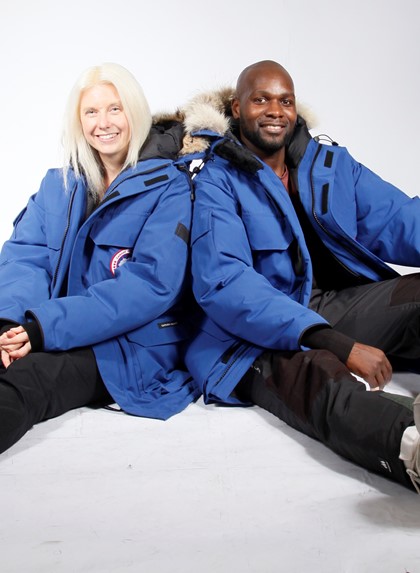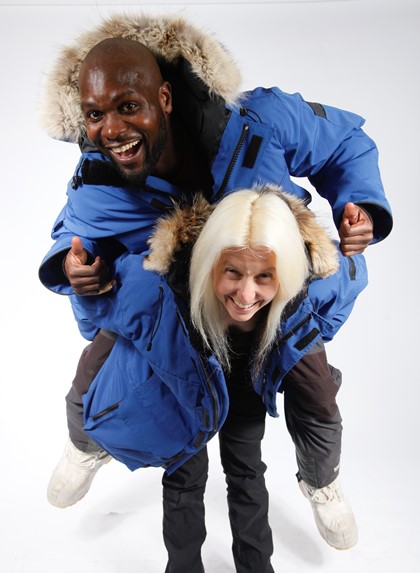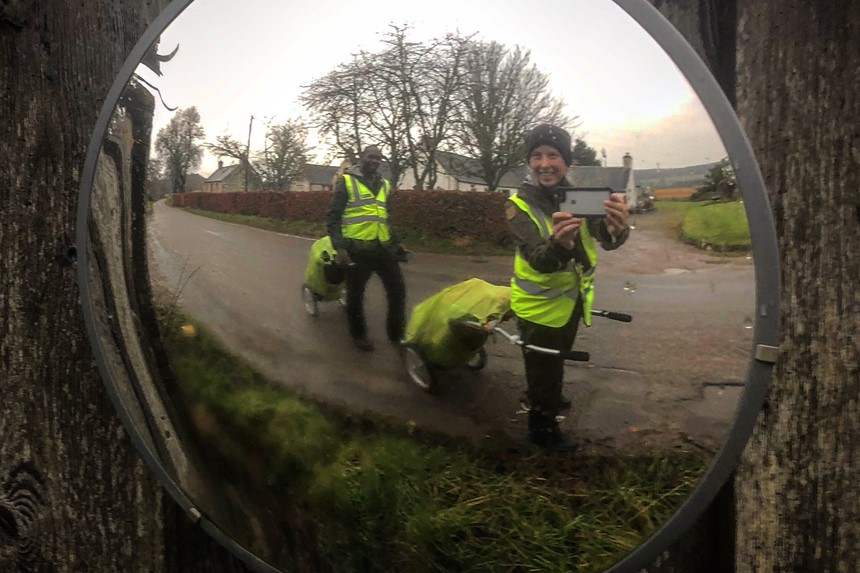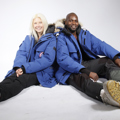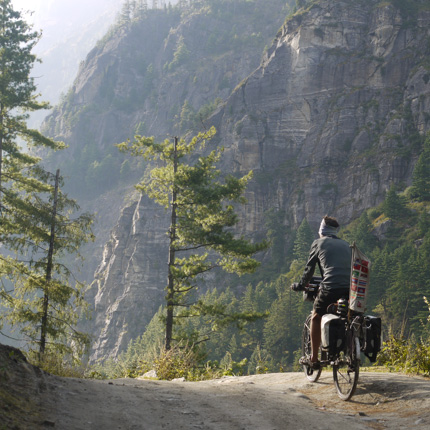The second key aim of the project is environmental. For starters the expedition will be carbon negative - as a reminder, as Dwayne puts it, that “adventure doesn’t need to destroy the planet.”
But the longer-term ambition is to create the next generation of climate and wildlife ambassadors - something that is only possible for young people with a sense of confidence, potential and connection to the environment. Only then can you expect people to really notice and take action around climate breakdown.
Dwayne and Phoebe hope that working with the young people pre-trip on plans of how they can ‘pay it forward’ in terms of offsetting their carbon emissions, getting involved in local re-wilding and green space initiatives and giving talks to their peers, will set them off on an alternative path than they may already have started on. On the #WeTwo Foundation expedition, they will get to meet scientists of all stripes - being truly embedded in those research contexts - and meet adventure guides and have close wildlife encounters in a place they never dreamed they would get to see, which will show them that what they do matters, and open up future careers to them. The idea is that with them returning from the trip with a changed perception and enthusiasm for the natural world will spread among their peers and communities. “ More than celebrities or famous adventurers,” says Phoebe, “people are likely to listen to people like them.”
Despite the serious aims of the project, Dwayne and Phoebe are infectious advocates of a joyful approach to adventure - one opposed to many grave, gruelling expeditions typically associated with famous adventurers. “That strength to wake up every morning cold and wet and soggy and still smiling and saying, ‘I’m gonna make the most of today’ - it’s what’s missing from a lot of adventurers at the moment,” says Dwayne. The adventure community would certainly be much richer with more people with this outlook and from these backgrounds.
You can learn more about Dwayne and Phoebe’s work through the #WeTwo website. You can also donate to the campaign here. No amount is too small to help them reach their £100,000 target, and sharing the campaign can go a long way. They are also keen to work with organisations to help identify young people for the expedition.


